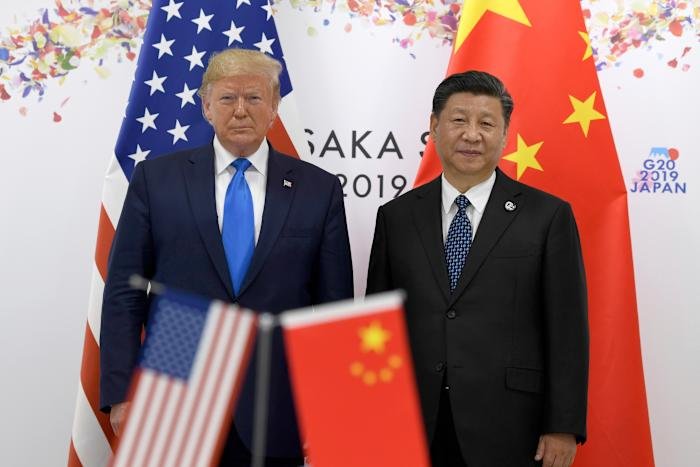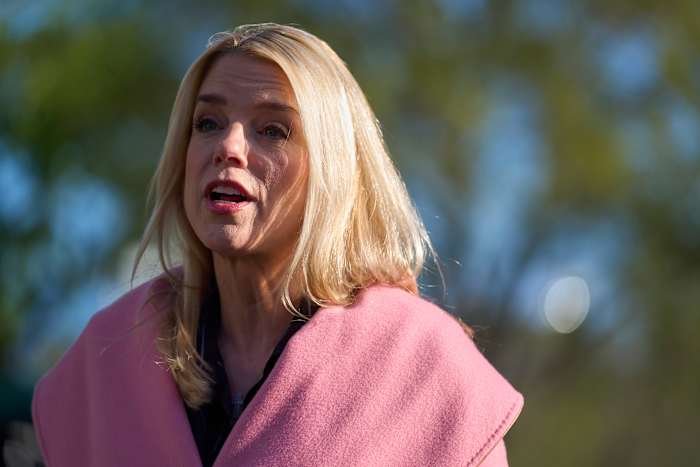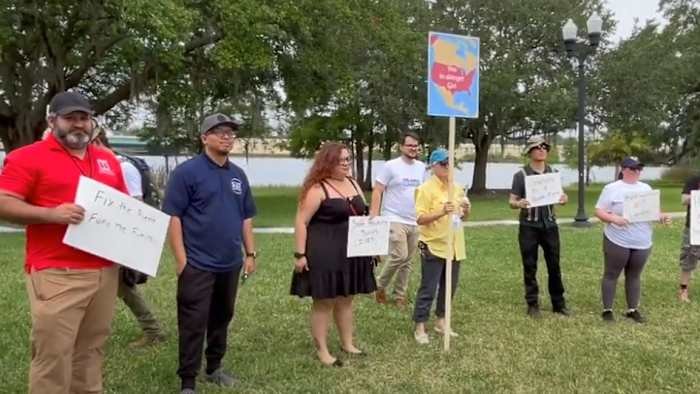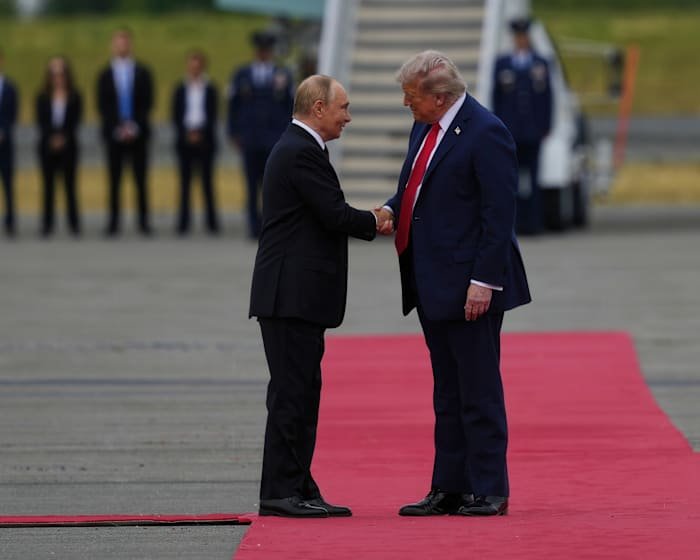Introduction
The ongoing trade war between the United States and China has sent shockwaves across global markets. As the two largest economies lock horns over tariffs, technology, and influence, countries worldwide are finding themselves caught in the crossfire, forced to align with either Washington or Beijing. Here in Orlando, the effects may not always make headline news, but the impact ripples through our local economy, businesses, and even the tourism sector. In this article, Daily Orlando News examines how the US-China trade dispute is shaping decisions for nations across the globe—and why it matters for Orlando residents, workers, and business owners.
Global Choices: The World Caught in the Middle
As the US and China volley tariffs and restrictions, nations from Europe to Africa and Southeast Asia are under mounting pressure to pick sides. The United States, leveraging its economic and military clout, urges allies to curb Chinese investments and technology—particularly in sensitive sectors like 5G and artificial intelligence. China, meanwhile, dangles lucrative trade deals and Belt and Road Initiative investments.
The effects of these decisions play out on a global stage: supply chains are rerouted, multinational companies rethink their strategies, and diplomatic relations are tested. For countries reliant on trade with both superpowers—like Canada, Australia, and the UK—navigating this standoff is a delicate balancing act. As nations choose, the ripple effects eventually reach American cities, including Orlando.
Orlando’s Economy: Tourism, Trade, and Beyond
Orlando’s economy is best known for its world-class theme parks, convention centers, and hospitality industry. However, the city is also a hub for international trade, especially in sectors like technology, aerospace, and agriculture. The US-China trade war has direct and indirect consequences for these industries:
- Tourism: Orlando’s theme parks and resorts have seen a decrease in visitors from China due to travel restrictions, visa slowdowns, and the general cooling of US-China relations. Fewer Chinese tourists means fewer dollars spent at local hotels, restaurants, and attractions.
- Trade and Exports: Central Florida companies that export goods to China—from citrus growers to tech startups—have faced increased tariffs, making their products less competitive and shrinking profit margins.
- International Investment: Orlando has traditionally attracted foreign investment, including from Chinese companies. Heightened scrutiny of Chinese investments in the US has resulted in fewer deals and less capital flowing into the region.
These changes impact not just business owners, but also everyday workers and families who rely on a vibrant local economy.
Orlando’s Businesses: Navigating Uncertainty
For Orlando-based businesses, the trade war means new challenges and unexpected pivots. Some companies have sought alternative markets outside China, while others have diversified their supply chains to reduce reliance on any single country. The uncertainty has led to increased costs—both in terms of materials and compliance—as tariffs and regulations fluctuate.
Local business leaders, especially those in technology and manufacturing, are keeping a close eye on federal policies. The Central Florida International Trade Office, for example, has hosted seminars and workshops to help business owners understand the changing landscape and identify new export opportunities. While some Orlando companies have found success in markets like Latin America or Europe, others admit that the loss of Chinese customers and partners has been hard to replace.
The Future: Preparing Orlando for a Shifting Global Order
As the US-China standoff shows no signs of abating, Orlando must adapt to a new global order. That means investing in workforce development, supporting innovation, and building relationships with diverse trading partners.
Orlando’s universities and research institutions are already playing a crucial role, fostering ties with international peers and preparing students for careers in a more complex world economy. City leaders are also advocating for federal policies that protect local jobs while keeping Orlando open to international visitors and investment.
Ultimately, the choices made in Washington and Beijing will continue to affect Orlando’s future. Staying informed and engaged will help our community weather the storm—and seize new opportunities that emerge from global realignment.
Conclusion
The US-China trade war is more than a geopolitical contest; it’s a challenge that impacts local economies, businesses, and families right here in Orlando. As nations across the world are forced to choose sides, Orlando finds itself navigating a rapidly changing landscape. Whether you’re a business owner, a worker, or simply a resident concerned about your city’s future, it’s important to stay engaged and informed.
How do you think Orlando should respond to the shifting global trade environment? Have you felt any effects of the US-China trade tensions? Share your thoughts in the comments below!
















